Your local Thai restaurant may soon be a lot less Thai.
June 19, 2023
1 Comment
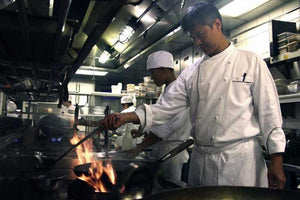
Despite the popularity of Thai restaurants and takeaway’s in the UK the very survival of many of them now has to be in doubt. Recent changes to UK immigration laws, as well as new ones about to come into effect, threaten their existence in their present form. These changes will not only affect Thai restaurants but any restaurant that employs staff of ethnic origin. Chinese, Indian, as well as Thai restaurants have all had staffing problems since changes to the immigration laws in 2013. The proposed new laws are going to make these problems much tougher.
There has never been an excess of Thai restaurant workers in the UK. I’ve lost count of how many times I’ve been offered a job by Thai restaurant owners. My daughter has long since learned not to stop and look at the menu in the window of a Thai restaurant, it invariably brings the owner or manager rushing out into the street enquiring about her visa status. When she tells them she is a British citizen, their efforts to get her to work for them become increasingly desperate!
Over the last few years, trying to obtain Thai staff has become increasingly difficult. To obtain staff from Thailand they need what is known as a Tier 2 visa, these are subject to a cap of 20,700 per year, (for many trades, not just the restaurant sector), this is for all countries. Added to that is a minimum salary of £33,000 a year. There are also plans to “significantly reduce” the number of these visas issued. It doesn’t stop there either, I know of one London restaurateur who has restaurants in London and Bangkok. He secretly admits that his Bangkok chefs are considerably more talented than those in his London restaurant are, but in trying to obtain visas for them, the salary or visa cap would be the least of his problems. Not only are the required English skills almost non-existent, so are the catering qualifications required. The more formal system of qualifications that exists in the UK does not really apply in Thailand. Many of the most talented chefs don’t have a qualification to their name, instead many of them simply grew up cooking in the kitchen. Their talent is their only qualification. It’s a case of smell the food not the examination certificate. And of course this is also a similar situation for Indian and Chinese restaurant owners. Therefore, as you might imagine your local Thai restaurant is probably not going to be applying to applying for many, if any, visas under this scheme.
Obviously, under this system retaining your existing Thai staff is a priority for any Thai restaurant owner. Many of these workers may have come here when the visa rules were less stringent. However, under new rules coming into effect in April 2016, non-EU migrants who have spent more than five years working in the country will be required to earn £35,000 a year or else face deportation. You have probably heard in the news how this will cause chaos in the NHS as nurses in particular are unlikely to be earning this type of salary. Whilst there is every chance that nursing will be added to the list of exempt occupations, this is highly unlikely to apply to the restaurant sector. I would hate to think how much it would cost to eat in a Thai restaurant that is paying its Thai staff salaries of £35,000 a year.
http://www.theguardian.com/uk-news/2015/jun/24/new-uk-immigration-rules-will-you-be-affected
Some Thai restaurants, particularly in cities like London, have relied on Thai students for jobs such as part-time waiters. However many holders of student visas will now no longer even be allowed to work the 10 or 20 hours per week that they were previously. Since the new rules will also carry a penalty of jail time as well as deportation, I doubt there will be many students prepared to take the chance.
Any Thai restaurant owners that might have been prepared to take the chance of employing workers without a valid work permit will also have to think again. Under the old rules, it was a defence to claim that you were unaware of their visa status. The new rules put the onus firmly on the employer to check that the employee has the right to work in the UK. Failure to do so means heavy fines, loss of your alcohol licence, and in extreme cases, imprisonment. Many Thai restaurant owners are themselves living here under business visas and this would mean deportation.
I know of at least one Thai restaurant where all the front of house staff are Europeans. I admit I find it a little odd to walk into a Thai restaurant and find out that the waitress serving me is from Bulgaria. More of a problem for me would be the food, and that is also where the problem lies for Thai restaurant owners. Bulgarian waitress maybe, Bulgarian chef in the kitchen, I doubt that is workable. Certainly the Guild of Bangladeshi Restaurateurs, who represents what we often refer to as Indian restaurants, say it just does not work. They claim that an effort to train European workers in their style of cooking has just met with failure. There is of course no reason why a Westerner cannot learn to cook South Asian or Southeast Asian food, many do. As far as Thai cuisine is concerned, several of the best chefs are non-Thai. The difference is though that the ability to cook Thai food was something that was added to their already considerable cooking talents. In addition, they would be the first to admit that it wasn’t an easy road, that the skill sets involved were radically different to their western training.
Running a restaurant is tough. Running a restaurant without talented, properly trained staff is next to impossible. I know Thai restaurant owners that wonder how long they are going to be able to survive in the business. I think their fears are justified. From the customer’s point of view, the standard of food in ethnic restaurants is inevitably going to decline as restaurant owners increasingly turn to frozen and ready prepared foods. The microwave may not replace the wok but I can see it being used a lot more often.
1 Response
Leave a comment
Comments will be approved before showing up.


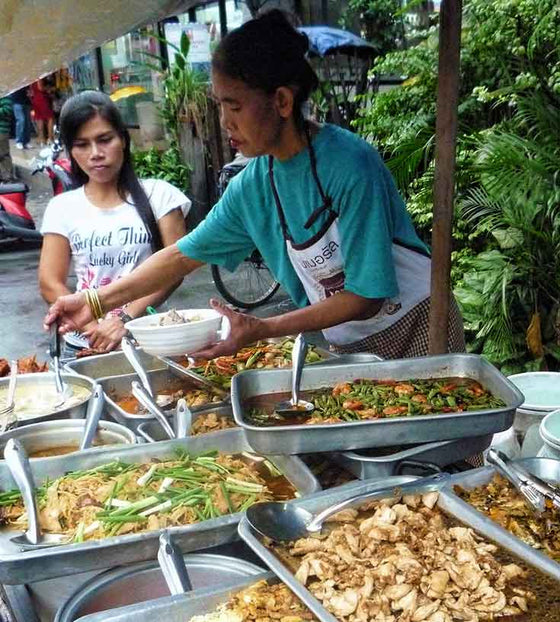


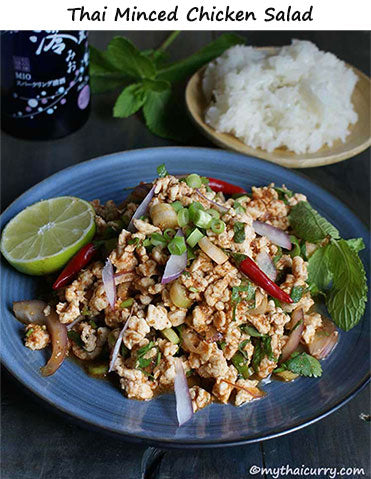




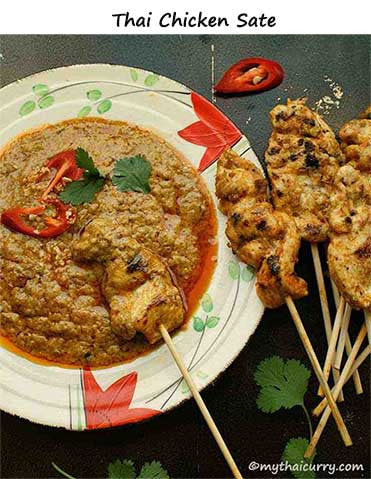
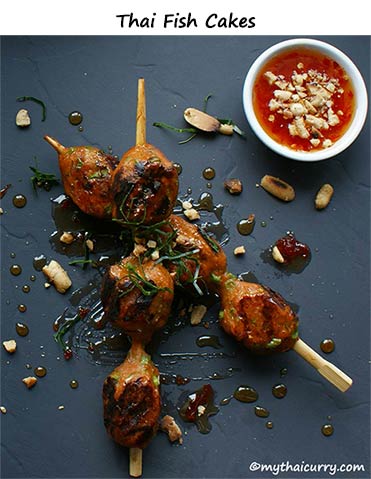
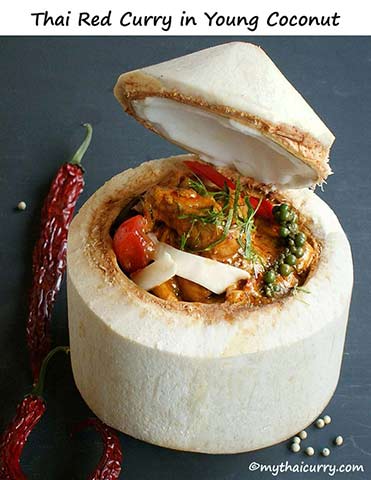




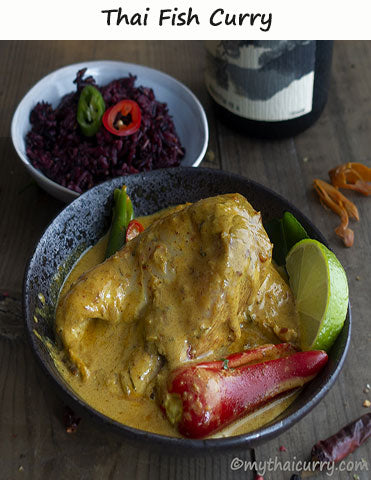
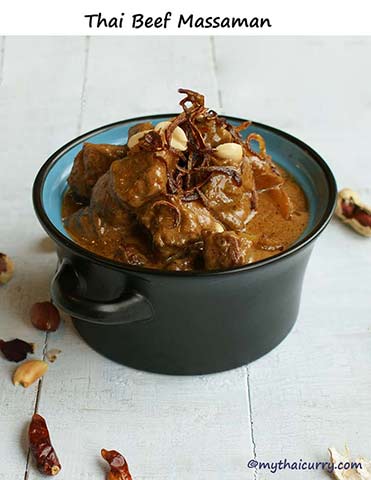


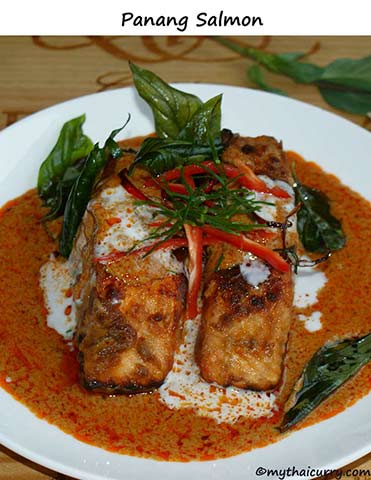

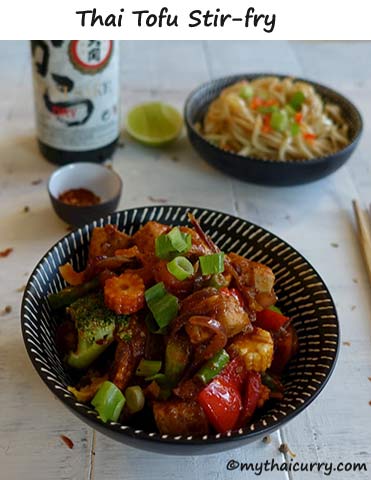
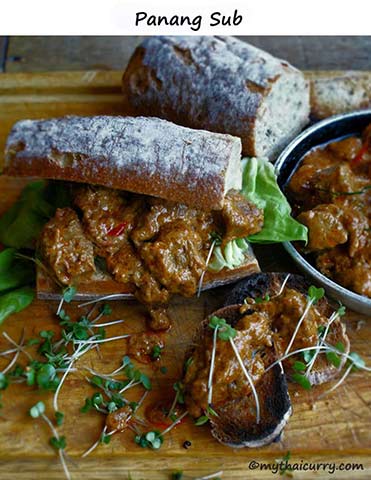



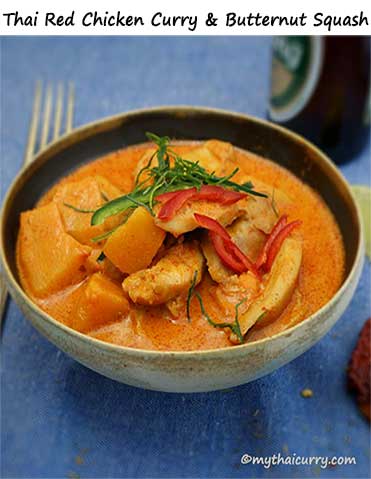

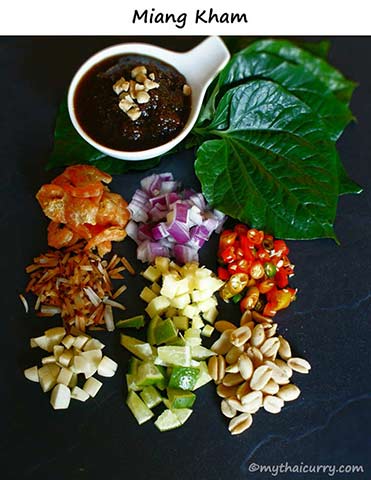


Adam
January 03, 2017
We operate in a small rural town with no local Thai population so can only employ fulltime. It is increasingly impossible for us to compete with city based restaurants who have more access on part time etc. Also at the end of the day all these regulations only cause problems for law abiding restaurants who not only have the extra cost but also can be undercut by those who are less legitimate.
In regards to staff “run away”, we are not prisons staff return home or get lured away by those paying more.or willing to maybe bend rules more, which the government clampdown seems to forcing restaurants to do as being legitimate is becoming ever more impossible!!